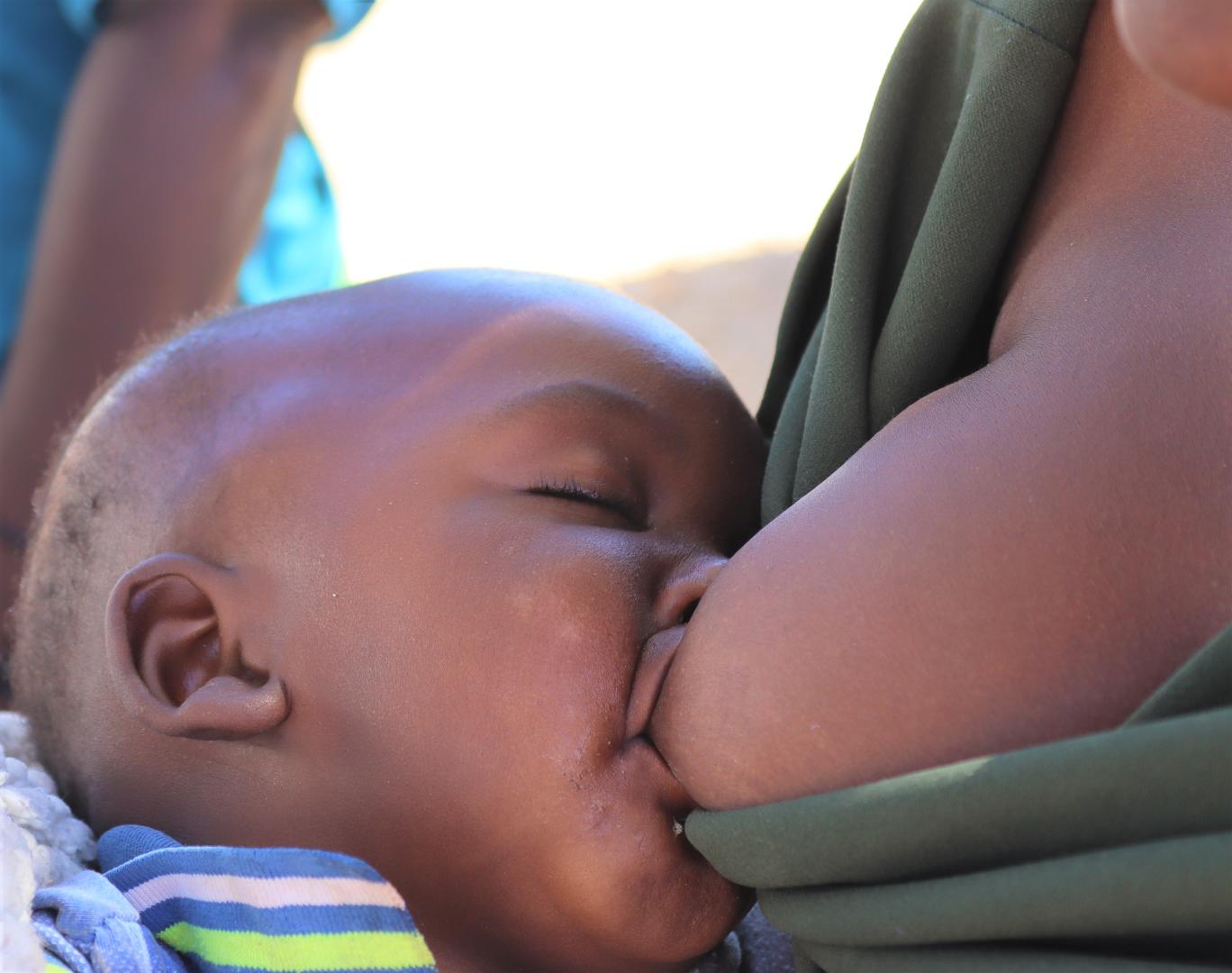In a concerted effort to strengthen maternal and child health services across Africa, the World Health Organization, in collaboration with the United Nations Children’s Fund (UNICEF) and the United States Agency for International Development (USAID), convened a capacity-building workshop targeting healthcare professionals, policymakers, and stakeholders from ten countries (Ethiopia, Ghana, Kenya, Malawi, Nigeria, South Sudan, Tanzania, Uganda, Zambia, and Zimbabwe).
The workshop, held from 12 to 15 February 2024 in Nairobi, Kenya, focused on enhancing countries’ capabilities to effectively implement the Baby-Friendly Hospital Initiative (BFHI) as an integral component of maternal and newborn health quality care strategies.
The Baby-Friendly Hospital Initiative, established by the World Health Organization (WHO) and the United Nations Children’s Fund (UNICEF), aims to protect and support breastfeeding and mother-baby bonding by ensuring that maternity facilities adhere to the Ten Steps to Successful Breastfeeding.
According to global evidence, implementing the BFHI significantly improves breastfeeding rates and better child health outcomes. For one thing, early initiation of breastfeeding has proven to reduce the risk of infant mortality and important in driving progress against global nutrition targets – against stunting, anaemia in women of reproductive age, low birth weight, childhood overweight and wasting. However, BFHI implementation is still below standard. In the African region, only 2 out of 42 countries have more than 50% of births in Baby-friendly facilities. This coupled with the plunging breastfeeding rates worldwide driven by aggressive marketing of infant formula to mothers. It is against this backdrop that WHO and partners met in Kenya to accelerate countries’ commitment and action to adapting and institutionalizing the Ten Steps to Successful Breastfeeding within national standards of care, strengthening country-led, comprehensive approaches to increased access to skilled breastfeeding counselling.
“This capacity-building workshop represents a significant milestone in our collective efforts to advance maternal and child health outcomes in Africa,” says Dr Abdourahmane Diallo, WHO representative from Kenya. He added that by strengthening healthcare professionals’ capacity to promote breastfeeding and implement BFHI, WHO and Partners are laying a solid foundation for improving newborn survival, reducing childhood morbidity and mortality, and achieving sustainable development goals.”
Key highlights from the capacity building workshop include plenary discussions featuring insights from policymakers on overcoming barriers and sustaining momentum in BFHI implementation. Countries enhanced their understanding of the ten steps to successful breastfeeding in health facilities providing maternity and newborn services and its integration into the health system as part of the quality of care.
The workshop also provided a platform for participants to exchange experiences, share best practices, and forge partnerships for collective action in advancing BFHI implementation across WHO AFRO countries.
Christiane Rudert, the Regional Advisor for UNICEF Eastern and Southern Africa, asserts that such capacity-building workshops play a crucial role in equipping healthcare practitioners and other stakeholders with the necessary tools to offer essential support to infants and mothers, particularly from vulnerable communities.
“Breastfeeding makes a world of difference to both mother and child. From birth to 6 months of age, feeding infants nothing but breastmilk guarantees them a food source that is uniquely adapted to their nutrient needs, while also being safe, clean, healthy and accessible, no matter where they live. Breastfeeding provides essential benefits, including protection against infections, optimal growth, and emotional closeness between mother and baby. It’s a precious gift that contributes to the health and well-being of both infants and mothers. In the end the participating Countries developed action plans and took bold commitments to drive BFHI implementation at the national and subnational levels, with a focus on monitoring and evaluation to track progress and impact.
Speaking on behalf of the Ugandan team at the workshop, Laura Ahumuza Senior Nutritionist and coordinator of Maternal, Infant and Young child and Adolescent nutrition, MoH says Uganda is hoping to strengthen integration of BFHI implementation within the health sector with close collaboration with other sector. This includes – nursing, midwifery, reproductive health, nutrition, and related sectors.
Meanwhile Olivia Timpo, from Ghana, stated that Ghana plans to embrace new approaches and verify health worker competences for knowledge and skill in handling and sustaining breastfeeding. ” We also want to engage stakeholders and use facilitation of processes to inspire quality and breastfeeding indicators.”
WHO and UNICEF launched the BFHI more than three decades ago to motivate managers and staff working in health facilities to provide maternity and newborn services through the implementation of the Ten Steps to Successful Breastfeeding. Over the years, WHO has revised the BFHI guideline to include relevant aspects of the International Code for Marketing Breast Milk Substitutes. The strategy also encapsulates key policies and procedures to be implemented in hospitals to promote and support breastfeeding.
Through such capacity strengthening workshop, WHO AFRO reaffirms its commitment to providing ongoing support, technical assistance, and resources to facilitate the effective implementation of BFHI across the region.

